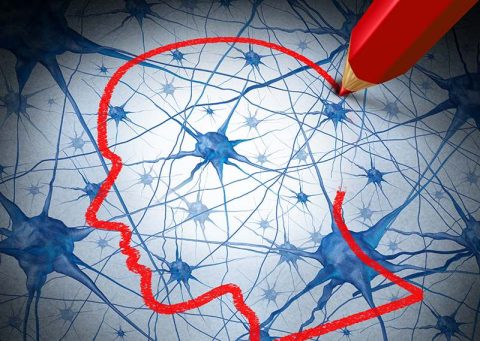December 1, 2021 by

If there is one constant in the race to unravel the mystery of Alzheimer’s, it’s change. Every time scientists start to wrap their heads around new information about Alzheimer’s, the data evolves their hypotheses into a new direction. That is certainly the case with the astounding new development in the progression of the disease.
For the very first time ever, researchers from the University of Cambridge have been in a position to study human data as opposed to animal models. The scientists’ findings indicate that the origin of the disease starts in multiple parts of the brain, not just an individual location that triggers a chain reaction, as formerly surmised from research studies of the brains of mice.
Dr. Georg Meisl of Cambridge’s Yusuf Hamied Department of Chemistry explains, “The thinking had been that Alzheimer’s develops in a way that’s similar to many cancers: the aggregates form in one region and then spread through the brain. But instead, we found that when Alzheimer’s starts there are already aggregates in multiple regions of the brain, and so trying to stop the spread between regions will do little to slow the disease.”
For that reason, the rate at which cells are damaged in different regions of the brain is what determines the advancement of the disease. This new information will undoubtedly be incredibly helpful in the advancement of treatment methods that target the processes that occur at the beginning of the disease. Additionally, the replication of the tau and amyloid beta proteins responsible for Alzheimer’s takes place slowly, and our neurons are already evolving to stop the aggregation of these proteins. The hope is that, in the near future, biologists and other scientists will be able to work together to help the millions of people impacted by Alzheimer’s.
Moving forward, researchers will look deeper into the processes involved in the initial stages of Alzheimer’s, while expanding research to other medical conditions, such as progressive supranuclear palsy and traumatic brain injury. The data accumulated could even help provide clues into more effective treatments for a number of other common neurodegenerative diseases, like Parkinson’s disease.
If an aging adult you love is battling Alzheimer’s or another form of dementia, connect with our dementia care team for helpful information and assistance with skilled, innovative, hands-on caregiving support. Our creative, patient, and caring approach alleviates the strain of challenging behaviors including:
- Wandering
- Sundowning
- Agitation
- Aggression
- Confusion
- Frustration
- Disorientation
- And many others
To learn about our senior care in Syracuse, NY and nearby areas, contact us 24/7 at 315-579-HOME (4663). We can talk through solutions to help with the specific issues an older adult you love is facing. You’re never alone with At Home Independent Living’s highly trained dementia care professionals by your side!
